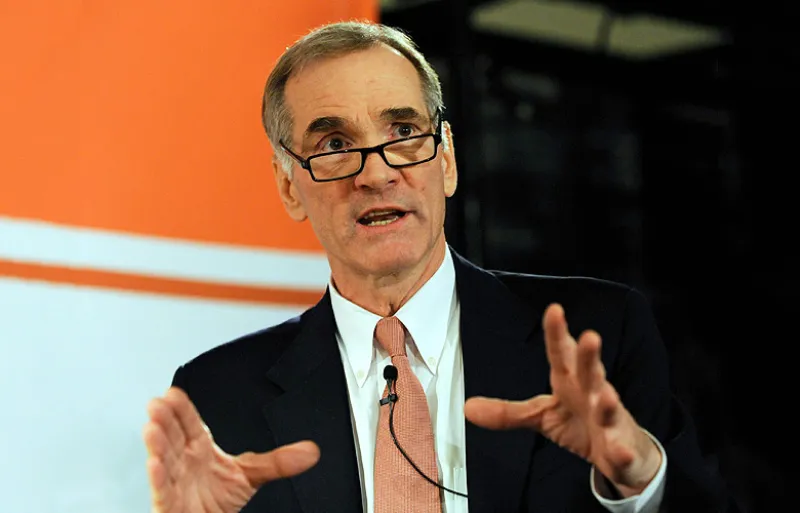
David F. Swensen, chief investment officer of the Yale University Investments Office
(Photo credit: Peter Foley/Bloomberg)

David F. Swensen, chief investment officer of the Yale University Investments Office
(Photo credit: Peter Foley/Bloomberg)